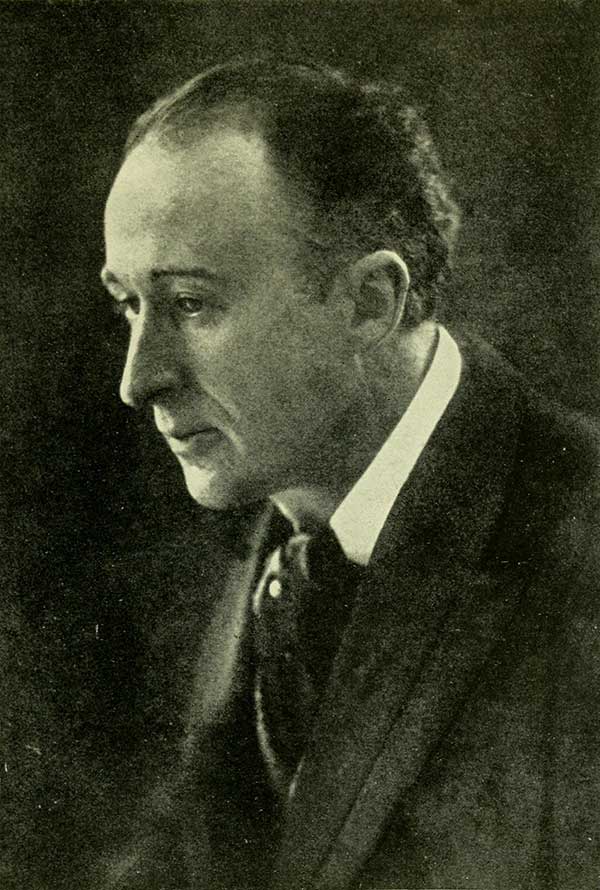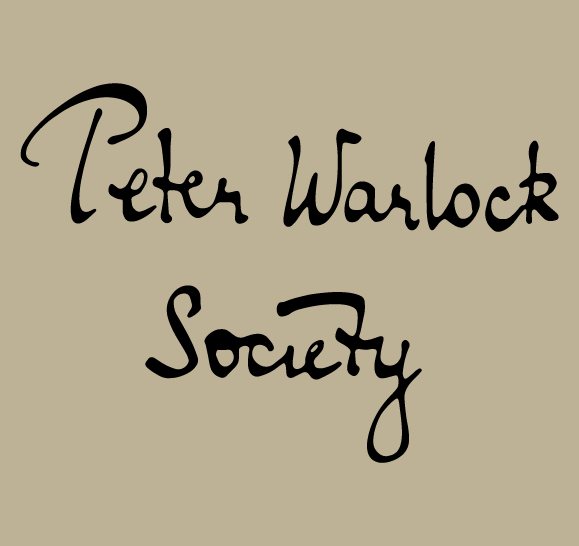THE MUSIC OF PETER WARLOCK
All music was modern once
All music was modern once
…much more of the music of yesterday already sounds more old-fashioned than works which were written three centuries ago.
…much more of the music of yesterday already sounds more old-fashioned than works which were written three centuries ago.
The music of Peter Warlock
Although Peter Warlock is best known for Capriol, a suite of six movements most frequently heard in its version for string orchestra, his principal claim to fame rests with his over one hundred solo (art) songs. He was essentially a miniaturist by inclination, and in his output, there are no big operas, symphonies, concertos or sonatas, etc. Apart from this substantial body of songs, his other works include a smaller group of choral works, two more orchestral pieces, some vocal chamber music, and a few piano compositions.
Frederick Delius and other influences
A major musical influence on Warlock was Frederick Delius, especially with his use of a rich and lush harmonic palette in his works. Another important musical mentor was the less well-known Bernard van Dieren, whose impact on Warlock’s compositions was more in the way of polyphonic considerations (i.e., line orientated structures) in contrast to the more block chord ‘vertical’ approach that he had absorbed from Delius. The finely crafted song writing of Roger Quilter was also something of a model that Warlock acknowledged and endeavoured to emulate.
Extraordinary range
What distinguishes Warlock from some of his other song-writing contemporaries (such as Quilter and Gerald Finzi), is that his songs have such a very wide range in their emotional and stylistic content. They vary from the uproariously extrovert drinking songs, via those ones on pleasingly charming pastoral themes, and through tender love songs to the hauntingly sad and desolating songs of The Curlew (which many consider his masterpiece; it is without question one of the most important and original British compositions from the first half of the twentieth century). As a setter of words to music, he gravitated to either the more distant past (medieval, Elizabethan or Jacobean), or to the more modern (such as Hilaire Belloc and John Masefield). He rarely utilised lyrics from the Romantic nineteenth century.
For a deeper examination, see Brian Collins’ article ‘Peter Warlock’s Music‘.
By John Mitchell



